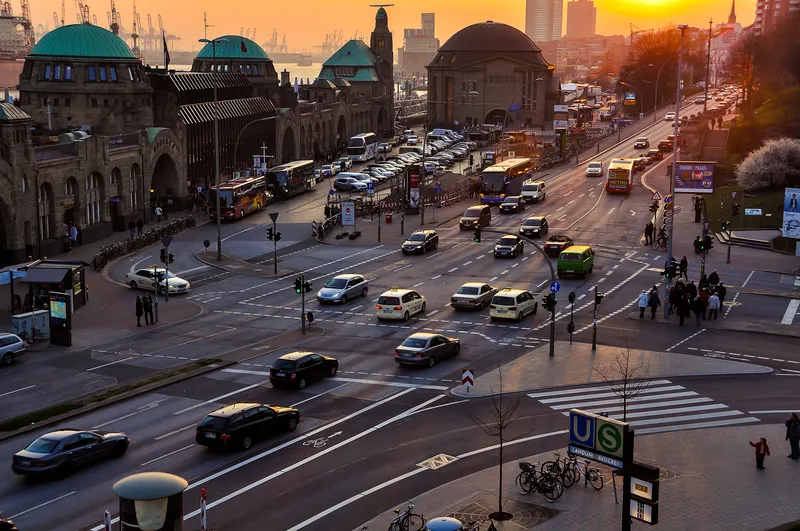The Oslo Study – How autonomous cars may change transport in cities shows that, “in the most optimistic scenario a reduction of 14 % traffic is possible”. But researchers warn that the traffic reduction potential “is less than estimated in previous studies from other cities” and it could increase if the mix is not right.
Oslo, this year’s European Green Capital, wants to reduce car use by a third before 2030.
The study was undertaken by COWI and PTV on behalf of Ruter, the Oslo regional public transport operator. Modelling a variety of scenarios, they found that traffic would get worse without ride-sharing – or if MaaS “became more attractive than traditional public transport”.
The Oslo study “assumes a very high level of service”. If users were instead happy with longer waiting times before a vehicle shows up, or would put up with longer detours, “the effect on traffic will be substantially better”, with traffic volumes reduced by up to 31%, the researchers conclude.
• Full story in the May-June issue of ITS International magazine
Report: AVs and MaaS could ‘reduce traffic by 14%’
If you replace today’s traditional private car ownership with a mixture of Mobility as a Service (MaaS) and on-demand autonomous vehicles (AVs) running door-to-door, you could make dramatic cuts in city traffic, according to new research.
The Oslo Study – How autonomous cars may change transport in cities shows that, “in the most optimistic scenario a reduction of 14 % traffic is possible”. But researchers warn that the traffic reduction potential “is less than estimated in previous studies from other citi
May 16, 2019
Read time: 2 mins
If you replace today’s traditional private car ownership with a mixture of Mobility as a Service (8356 MaaS) and on-demand autonomous vehicles (AVs) running door-to-door, you could make dramatic cuts in city traffic, according to new research.










